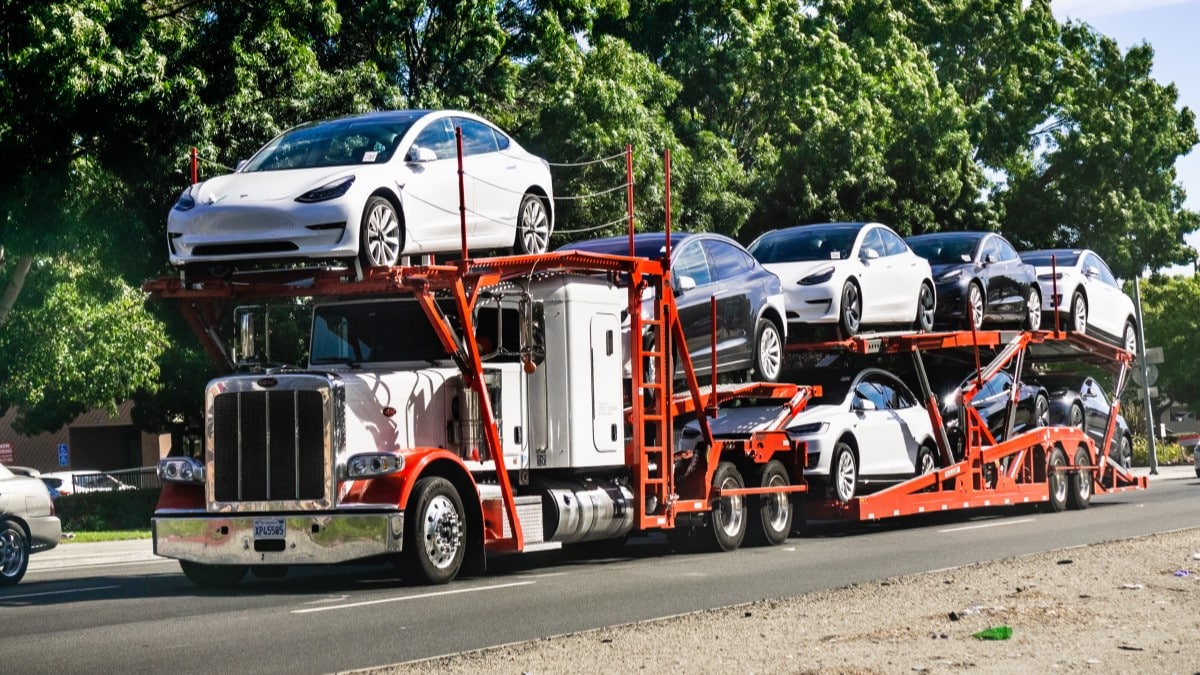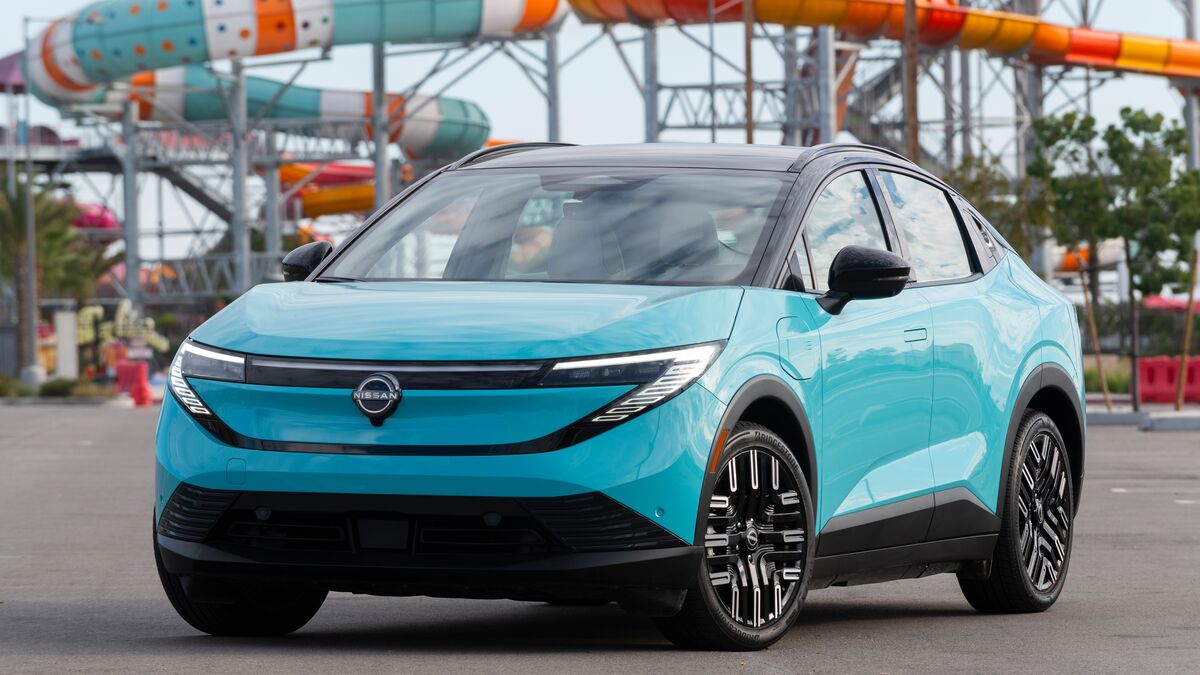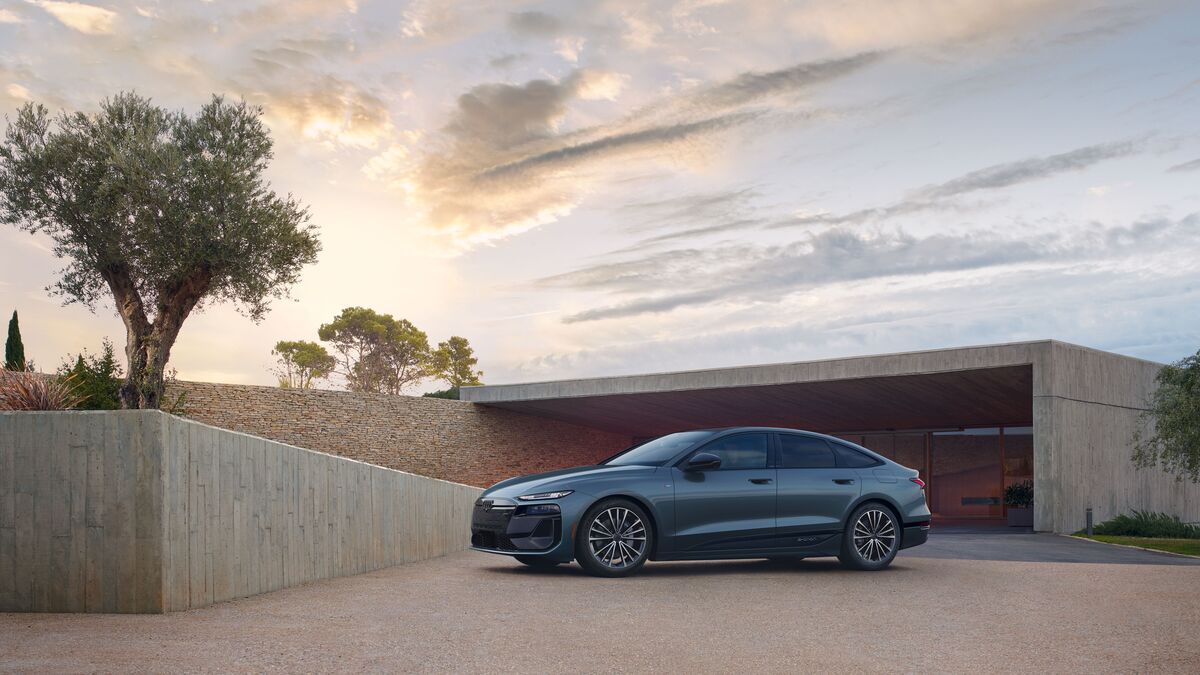Americans are still buying more electric vehicles (EVs) than they did a year ago, but EV sales are no longer accelerating. Market leader Tesla saw its market share slip significantly as more competitors picked up steam in first-quarter sales.
Sales Still Growing, But Slowly
Americans bought 268,909 EVs in the first quarter of 2024 — 2.6% more than in the first quarter last year. We bought more, so sales are still growing. But they’re no longer growing at shocking rates — 2023’s first quarter sales had outpaced 2022’s by 46.4%.
EV sales actually slipped quarter-to-quarter. Americans bought 15.2% fewer in the first quarter of this year than in the last quarter of last year. That’s not unusual – car sales are almost always faster as the year ends. But it means the EV market may be calming down to the point that it follows normal fluctuations.
It’s “the first quarter-over-quarter downturn since Q2 2020,” notes Stephanie Valdez Streaty, director of Industry Insights at Cox Automotive. Cox Automotive owns Kelley Blue Book.
Everything about EVs is controversial, but the slow growth may be a sign that EVs are almost mainstream cars in parts of the country. Segment growth typically slows as volume increases.
Consumers follow a predictable curve as they adopt new technologies. There’s almost always an initial surge as early adopters excitedly jump in. Then sales growth slows as more skeptical consumers take a look at the technology and have to be convinced.
Tesla Losing Ground
Those early adopters adopted Tesla as their brand of choice. The company has controlled most of the EV market for most of its existence. But it’s finding itself challenged as more competition appears and the expected slower growth period begins.
Tesla’s market share fell to 51.3% during the first quarter – down from 61.7% a year earlier.
Tesla sales in the U.S. were down 13.3% year over year – well below the typical double-digit growth that had become routine with the Tesla brand. The company introduced a buzzy new product – the Cybertruck – before the quarter began. But it is a low-volume model unlikely to change sagging sales.
That led to a rare stock price decline in the first quarter.
CEO Elon Musk has taken to telling investors the company’s attempts to build self-driving software are key to its future growth. But its misleadingly named “full self-driving” system has performed poorly in public testing against similar efforts from other automakers. Mercedes-Benz has received regulatory approval and has begun selling a more advanced system in some states.
Competitors Gaining
Tesla’s loss has been a gain for several rivals.
“As anticipated, Tesla’s sales took a hit, influencing the overall market dynamics. However, a few brands saw significant EV sales increases, achieving over 50% year-over-year growth,” notes Valdez Streaty.
Nine manufacturers recorded more than 50% year-over-year growth in EV sales during the first quarter – BMW, Cadillac, Ford, Hyundai, Kia, Lexus, Mercedes, Rivian, and VinFast. Note, however, that small numbers can make growth look dramatic. VinFast, a Vietnam-based startup, sold only 921 cars last quarter, compared to just 110 in the first quarter of 2023.
Cadillac achieved a 499.2% year-over-year increase in electric vehicle sales due to robust sales of its Lyriq SUV. At Mercedes, EV sales were up 66.9%. BMW posted a 62.6% increase in EV sales compared to Q1 2023. At Audi, Q1 EV sales grew 28.8% year over year.
Prices Coming Down
In polls and studies, consumers consistently say they need to see three aspects of EVs improve before they’ll join the early adopters and accelerate that sales curve: price, range, and infrastructure.
The first quarter of 2024 saw movement on price. The average transaction price for a new EV in Q1 was $55,167, a 9.0% decrease compared to Q1 2023 and down 3.8% quarter over quarter.
Tesla led the charge with price cuts. Tesla’s average transaction price was $52,315 in Q1, down roughly 13.5% year over year.
Many automakers have followed Tesla’s lead and slashed prices. Incentives – those discounts dealers and automakers advertise to help sell cars – are growing for every kind of vehicle. But they’re growing faster for EVs, with several manufacturers mirroring Tesla’s price cuts.
Leasing, too, has increased. In the first quarter, roughly 27% of all EVs were leased – more than double from the year before. Many EVs qualify for a $7,500 federal tax rebate when leased. Far fewer qualify when purchased outright.








